Knowing how to reduce inflammation in the body is important for our health. There are many things we can do to help us along the way!
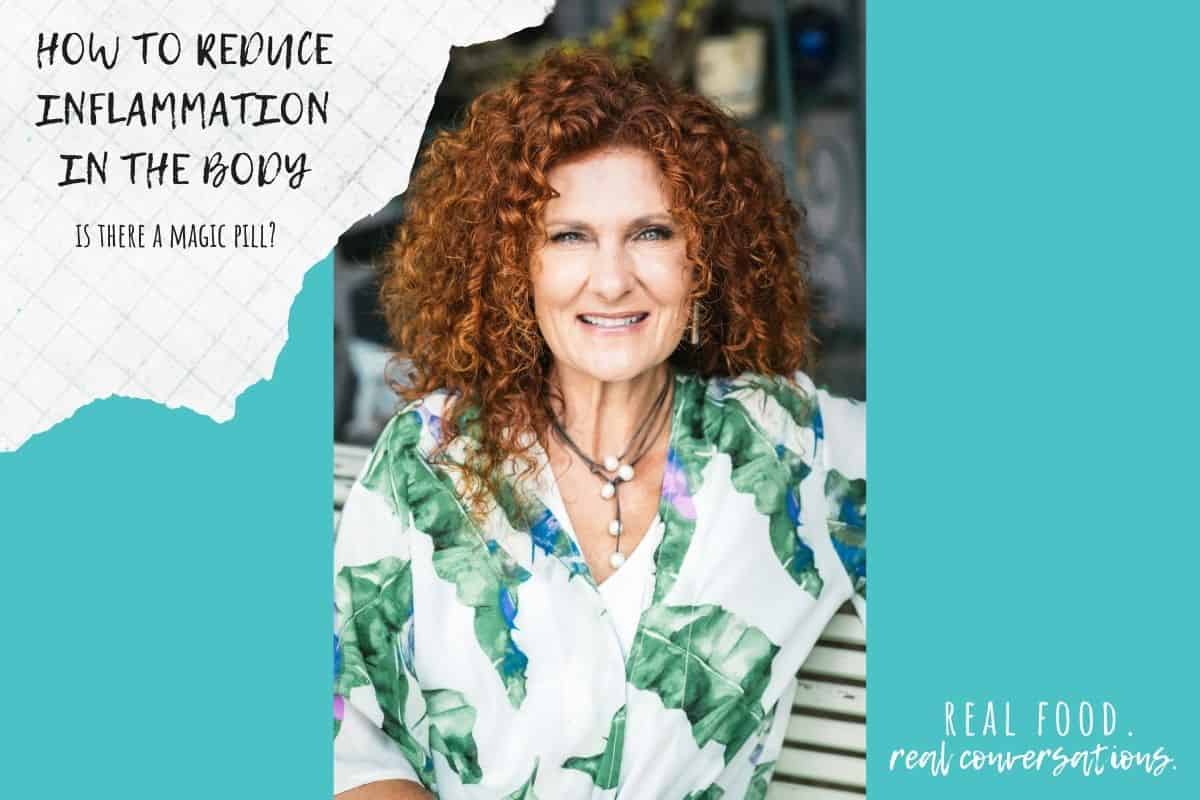
Inflammation can wreak havoc on your body, and the culprits are many. Join us as we chat with expert Dani Williamson to dive deep on how to deal with it all!
Podcast: Play in new window | Download | Embed Subscribe now! Apple Podcasts | iHeartRadio | TuneIn | Deezer | RSS | More
Dani Williamson MSN, FNP owns Integrative Family Medicine in Franklin, TN; focusing on gut, autoimmune thyroid (Hashimoto’s Thyroiditis is her passion), hormone and adrenal health with her patients. Her approach embodies a physical, emotional, mental and spiritual process to healing.
Dani is a graduate of Vanderbilt University School of Nursing Nurse Midwifery and Family Nurse Practitioner program. She is on the board of Middle Tennessee chapter of the American Foundation of Suicide Prevention and believes strongly in addressing issues of adverse childhood trauma and its relation to overall long-term health conditions.
You can check out her course, Inflammation is the Devil, for more info and special discount for readers. Her first book Wild & Well Dani’s Six Commonsense Steps to Radical Healing is being released November 9, 2021 by Morgan James Publishing.
What is Inflammation?
Inflammation is a cellular response in your body to some sort of injury. Cytokines are the proteins in your blood that create the inflammatory response. When you have cellular injury you get capillary dilation, increase in white blood cells, redness and warmth/heat.
You have acute inflammation, which you need to protect you and heal you (like if you cut your hand). But there is also chronic inflammation, which is long lasting inflammation and this is the issue.
Things that end in "-itis" basically are types of inflammation. For example like sinusitis (inflammation of the sinuses), gastritis (inflammation of the gut) and colitis (inflammation of the colon).
Inflammation can coincide with other conditions like diabetes, hypothyroidism, heart disease, etc
Dani believes that inflammation is your bodies response to a poor diet, lack of exercise, inadequate sleep chronic bowel issues and lack of community connection.
A few other things that can cause inflammation are mold, breast implant illness and viruses.
Classic Signs of Inflammation
Many things can be signs of inflammation. We need to look at the why and the root cause of things versus just treating the symptom because sometimes you don't even have symptoms until you develop a disease.
Here are some things to look out for that may be signs of inflammation:
- Acne
- Headaches
- Exzcema
- Joint pain, back pain, etc that are not injury related
- Fatigue
- Migraines
- Seasonal allergies
- Depression
- Anxiety
- Bleeding gums
- Skin conditions like acne and excema
Ways to Reduce Inflammation
While our western medicine seems to treat the symptoms of inflammation versus looking for the root cause, there are things you can do to keep your body less likely to have inflammation.
First, increase fresh whole foods consumption. The more fresh food we eat, like veggies and fruit, the more nutrients we will get to keep us healthy. A mostly plant-based diet is a great way to eat.
There are also foods we want to avoid. The top inflammatory foods are:
- Gluten
- Dairy
- Sugar
- Eggs
- Peanuts
- Soy
- Corn
This isn't to say that everyone should not eat these at all, but if you are having issues start eliminating these foods to see what may be bothering you.
There is a big connected with our gut health, inflammation and our mental health so making sure to pay attention to what you are eating is so important.
Other things you can do to help fight inflammation is move your body regularly, get enough sleep and practice gratitude! More and more research is showing how much this is all connected.
Natural Anti-Inflammatory Agents
There are also other things you can take to help fight inflammation. While medication can be necessary in some cases, there are natural ways to help support your body as well that your medical provider may suggest.
Here are a list of things out there that people have found some success with:
- Turmeric is a great natural-
- Black pepper can help some kinds of turmeric move into the cells better
- L glutamine is a fast and quick way to get the gut healed, and it's inexpensive
- SPM's (Specialized Pro-Resolving Mediators) can help stop the inflammatory cytokin storm before they happen
- A high quality fish oil, but you need to be careful that it is high quality
- HIgh quality CBD can help with chronic inflammation, orally and/or topically
Overall if you don't control what you eat, nothing you will do will help fight the inflammation long term.
What to Eat and Drink
Other than eating an overall diet filled with fresh whole foods, here are some other ideas for things that you can include into your diet.
- Put good bacteria back in with food like kimchi and sauerkraut.
- Take take a good probiotic.
- Know your food sensitivities and avoid them.
- Yogurt can help, make sure it's dairy free if you can't have dairy.
- Lots of vegetables and fruit.
- Include a good source of fiber.
- Eat prebiotic foods like greener bananas, onions, Jerusalem artichoke and asparagus.
- Drink lots of water!
Don't forget to check out Dani's book, Wild & Well Dani’s Six Commonsense Steps to Radical Healing!

PS- If you liked this episode of Real Food Real Conversations, please subscribe and leave me a review!
And tag me on Instagram whenever you're listening! I reply to all my messages!


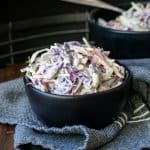
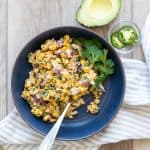
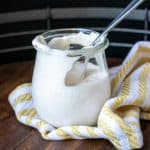
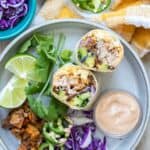
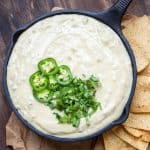







Deb
Best vitamins, women 64 years old. Crohns, barrett's esaphagus, matral valve regurgitation .
Sophia DeSantis
Hi again! Same as my previous response. I would talk to your doctor!
Deb
Best vitamins for gut problems, crohn's, barrett's esaphagus
Sophia DeSantis
Hi Deb! I'm not sure if this is a question? I am not a doctor or qualified to advise on what is best for these conditions, I would recommend you ask you doctor or specialist!